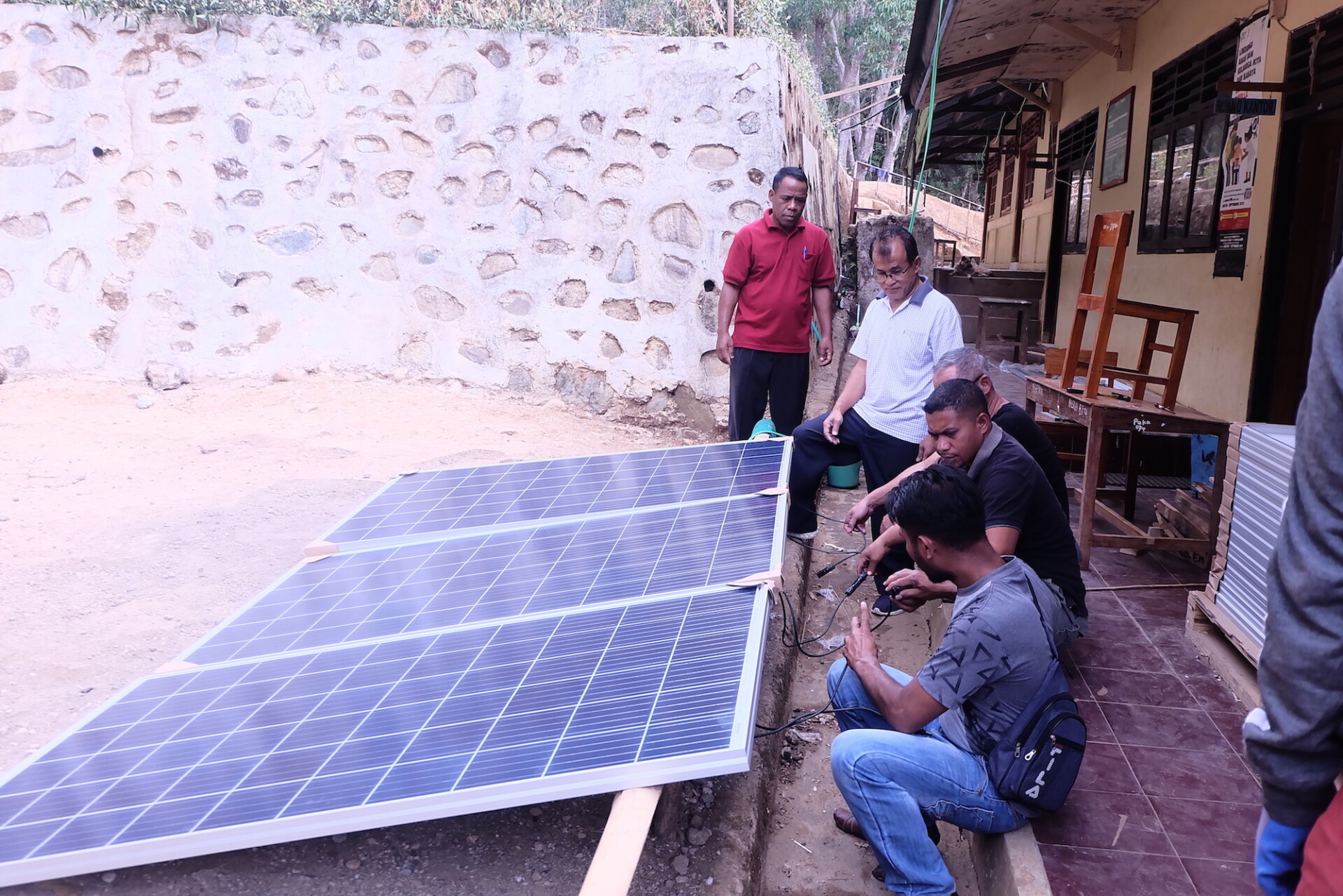We have successfully completed another Train the Trainer sessions as part of our Youth Energy project. This round highlighted the potential of green hydrogen and wind power in driving Argentina’s energy transition. Read on to explore the key concepts and content of the training, held in early March in the Autonomous City of Buenos Aires.
Impact Testimonials from rural Indonesia
Sustainable Energy Projects are always a success? Unfortunately not, as the premise of “one size fits all” does not apply to remote rural areas with very different socioeconomic and -cultural conditions than urban areas. Our SEPS-Exchange identifies these conditions, adjusts them and recently published testimonials from project participants.
The SEPS Energy Exchange project in collaboration with IESR and their partners CAFOD and IIED approaches since 2014 the question, why sustainable energy projects in remote areas fail in many cases. Insufficient attention to long-term costs of operation and maintenance, local realities socio-cultural factors including gender issues, lack of attention on how an energy project is actually going to have a development impact and eventually lack of participation of local stakeholders. These are only some of the reasons why some energy services in remote areas fail.
With special focus on remote areas in Southeast Asia, they created a participatory model in order to : the Energy Delivery Model (EDM). This EDM model included countries, such as Indonesia, Cambodia and Myanmar but essentially relates to an issue concening most of sustainable energy development projects. In the case of Indonesia, the exchange project approached the local community of Boafoa and piloted the EDM model. By including local practitioners and stakeholders from different contexts (education and coffee production), the project came into application. The introduction of solar systems for schools and a coffee production plant has been assessed and two participants now reported their experiences so far with the model:



